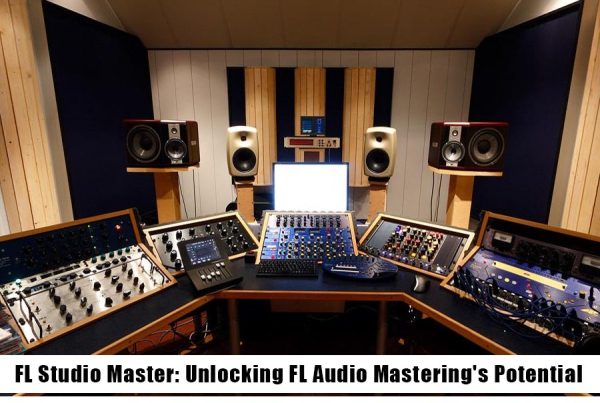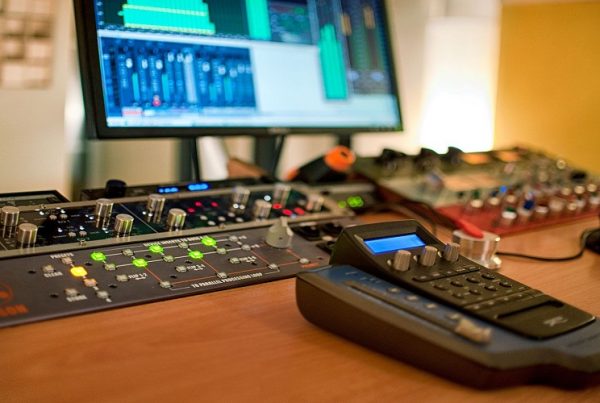When you finish recording a track, it might feel like your job is done—but in reality, it’s only the beginning. The final polish, the subtle enhancements, and the professional sound that listeners expect all come from one place: the expertise of an audio mastering engineer. Whether you’re an independent artist or working with a full production team, mastering is what brings your music to life, making it sound cohesive, balanced, and ready for the world.
What Is Audio Mastering?
Audio mastering is the final step in the music production process. It involves refining the mixed track to ensure it sounds great across all playback systems—from car stereos to high-end studio monitors. An audio mastering engineer applies techniques such as EQ, compression, limiting, stereo enhancement, and volume normalization to elevate the overall sonic quality of your track.
The Role of an Audio Mastering Engineer
An audio mastering engineer listens with a trained ear, catching imperfections the average listener—and even some mixing engineers—might miss. Their job is to:
- Ensure tonal balance (no overly bright or muddy frequencies)
- Match loudness levels to industry standards
- Provide consistency across an entire album or EP
- Eliminate unwanted noise and enhance clarity
- Prepare files for digital and physical distribution (streaming platforms, CDs, vinyl, etc.)
Their objective isn’t to change your music, but to enhance and finalize it for professional release.
Why Mastering Matters More Than You Think
You may be tempted to skip mastering, especially if you’re on a tight budget. But think of mastering as the difference between a raw diamond and a polished gem. Without it, your music could sound flat, inconsistent, or amateurish—no matter how talented you are.
Listeners, curators, and record labels often judge a song’s quality within the first few seconds. Mastering ensures you make a solid first impression. It’s not just about loudness—it’s about clarity, cohesion, and emotion. A great audio mastering engineer can emphasize the energy in your track, making drums punchier, vocals clearer, and transitions smoother.
Finding the Right Engineer
One of the most common searches among musicians is “audio engineer near me.” And with good reason—working with someone local can provide a more hands-on experience. You can attend sessions in person, offer real-time feedback, and build a working relationship that spans future projects.
If you’re typing “audio engineer near me” into your search bar, look for the following:
- A portfolio of past work that aligns with your style
- Experience in your genre (hip-hop, electronic, rock, etc.)
- Transparent pricing and turnaround times
- Positive reviews or references from other artists
- Access to professional mastering tools and acoustic-treated environments
Don’t settle for the first name that pops up—your music deserves more than that.
Online vs Local Mastering Engineers
Thanks to technology, you’re not limited to your area. Many artists hire remote engineers with strong reputations. However, if you prefer face-to-face collaboration, then finding an audio engineer near me remains a solid choice. The personal connection, immediate feedback, and local networking opportunities can be invaluable.
Final Thoughts
Your music is a reflection of your talent, creativity, and hard work. Don’t let it fall short in the final phase. A skilled audio mastering engineer doesn’t just polish your track—they breathe life into it. Whether you’re releasing your debut single or your tenth album, mastering is the bridge between your art and your audience.
So, whether you’re searching for an audio engineer near me or considering a seasoned pro online, make mastering a non-negotiable step in your production process. It’s what separates demos from hits—and amateurs from professionals.





